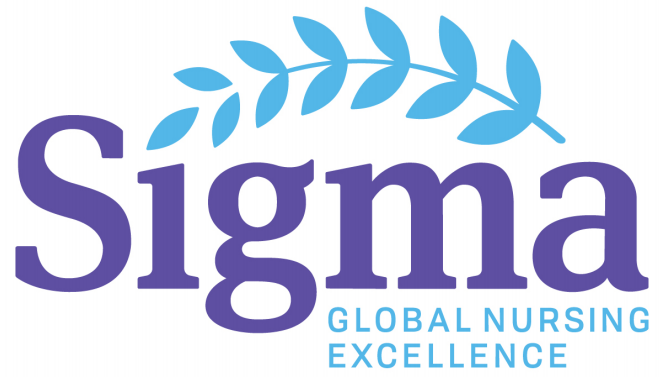Presenter Classification
Graduate Student
Presentation Type
Poster Presentation
Publication Date
4-14-2022
Start Date
14-4-2022 3:40 PM
End Date
14-4-2022 4:15 PM
Keywords
advance directives, skilled nursing facility
Abstract Type
Quality Improvement/Process Improvement Project
Abstract
Purpose: The purpose of this project is to decrease the likelihood of receiving unwanted treatment at the end of life. The project is conducted in a skilled nursing facility where only approximately 40% of the residents have an Advance Directive (AD) despite experiencing multiple comorbidities and nearing the end of life.
Aims: Implementing a quality improvement project, creating a system that addresses AD completion at admission with the outcome of increased recognition of residents’ end of life choices.
Process: Residents and their families are presented with a tool to help guide the conversation about AD at the admission care plan meeting. AD will be readdressed at all subsequent care plan meetings, occurring every 45 days, and as needed.
Results: Project is still in process and the expected completion date is April 8th, 2022. We anticipate improvement in AD completion rates in this facility.
Limitations: This project is limited by the reluctance of some residents and families to discuss issues related to death and dying, which may affect the completion rate. Another limiting factor is the staff turnover and need to reeducate new staff members about the project.
Conclusions: Residents in skilled nursing facilities are likely to receive unwanted treatment because families are unsure what their wishes and are left feeling obligated to do everything necessary to sustain life. The implementation of this project may increase the AD completion rates, while recognizing and carrying out residents’ end of life choices.
Included in
Advance Directives in Skilled Nursing Facilities
Purpose: The purpose of this project is to decrease the likelihood of receiving unwanted treatment at the end of life. The project is conducted in a skilled nursing facility where only approximately 40% of the residents have an Advance Directive (AD) despite experiencing multiple comorbidities and nearing the end of life.
Aims: Implementing a quality improvement project, creating a system that addresses AD completion at admission with the outcome of increased recognition of residents’ end of life choices.
Process: Residents and their families are presented with a tool to help guide the conversation about AD at the admission care plan meeting. AD will be readdressed at all subsequent care plan meetings, occurring every 45 days, and as needed.
Results: Project is still in process and the expected completion date is April 8th, 2022. We anticipate improvement in AD completion rates in this facility.
Limitations: This project is limited by the reluctance of some residents and families to discuss issues related to death and dying, which may affect the completion rate. Another limiting factor is the staff turnover and need to reeducate new staff members about the project.
Conclusions: Residents in skilled nursing facilities are likely to receive unwanted treatment because families are unsure what their wishes and are left feeling obligated to do everything necessary to sustain life. The implementation of this project may increase the AD completion rates, while recognizing and carrying out residents’ end of life choices.



